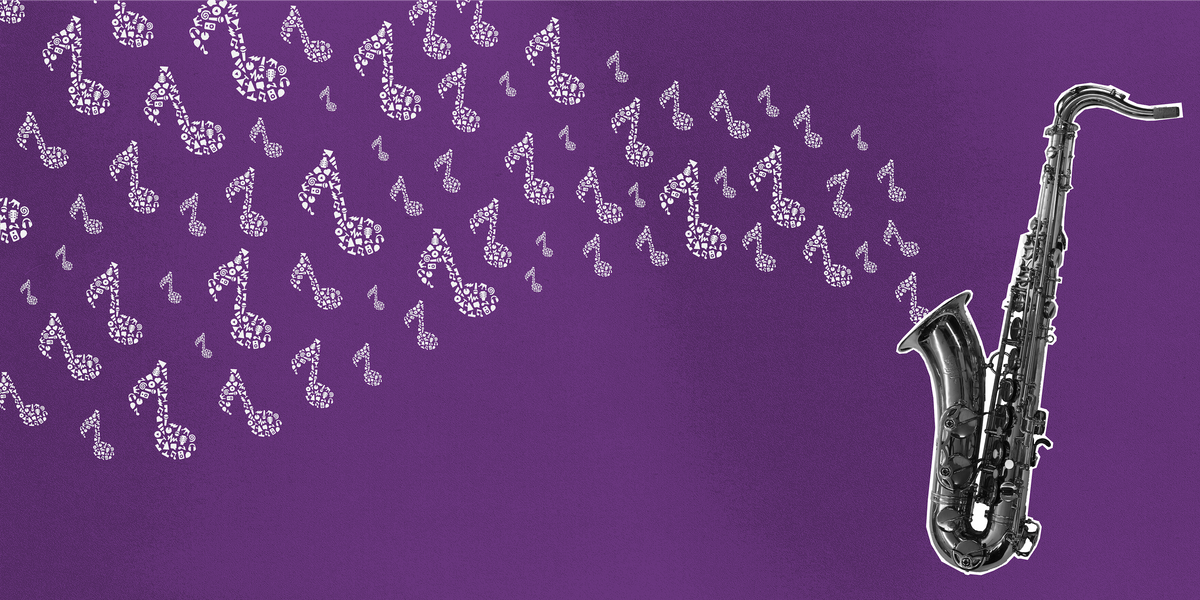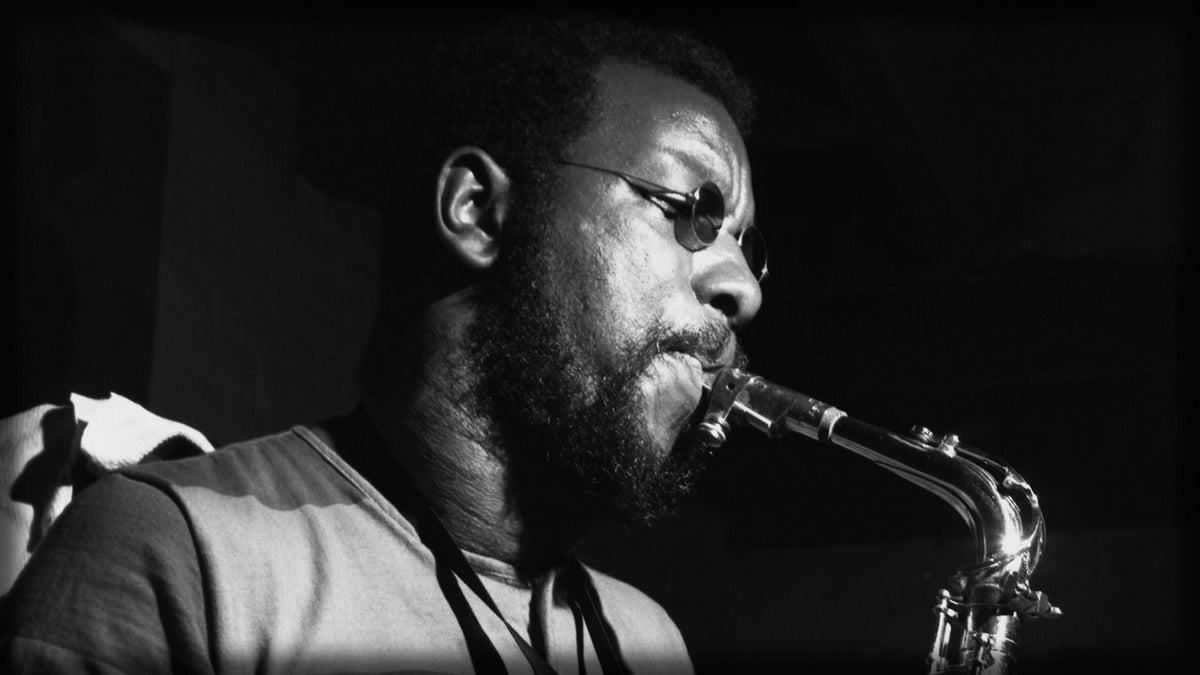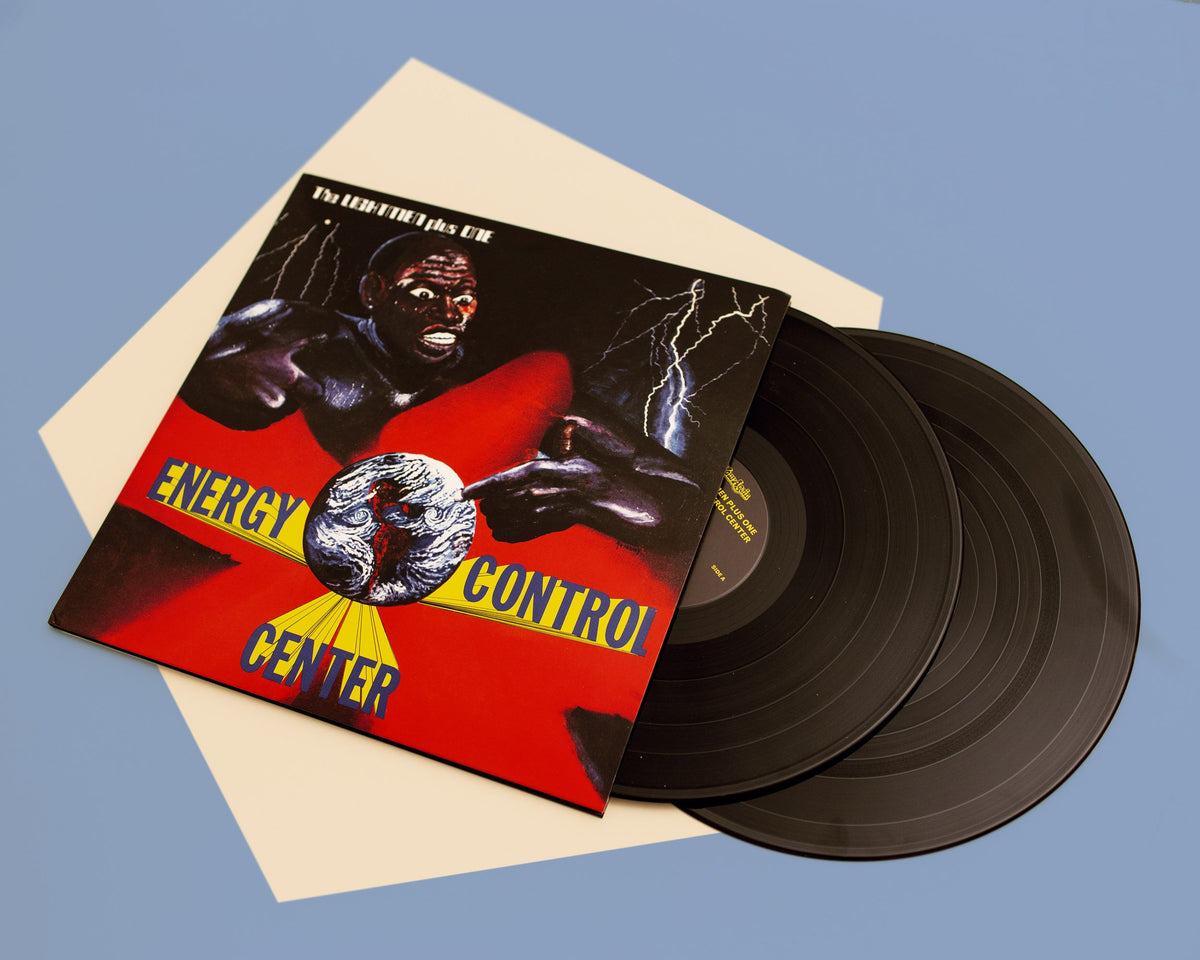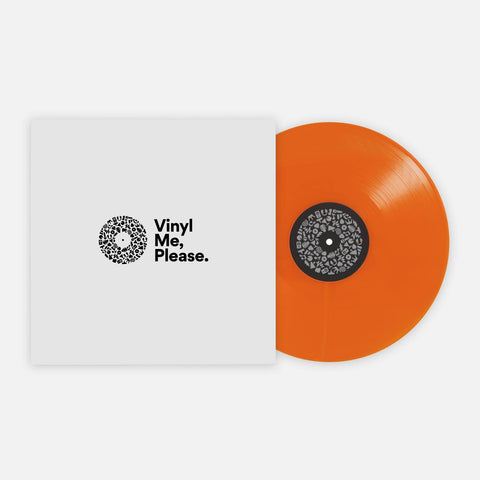The Lightmen Plus One's 'Energy Control Center' Is May's VMP Classics Album
Sign Up For Vinyl Me, Please Classics Now To Receive It In May
In May, members of our Classics subscription will receive Energy Control Center, the third album from Bubbha Thomas and his Lightmen. Working out of Houston, Texas, in the early '70s, the Lightmen released four albums of freak out spiritual-jazz, and their albums got a small, but discerning and rabid audience. These albums prove that there was amazing, boundary-pushing jazz that existed outside of the New York-L.A. nexus of '70s jazz. This new edition of the album, released in partnership with our pals at Now Again, is remastered from the original tapes, and features a Listening Notes booklet--with a new interview with Bubbha himself--by Lance Scott Walker.
Learn more about the release below.
Houston, Texas, is not particularly well known for either jazz music or Civil Rights, but both had a vibrant presence in the Bayou City of the late 1960s. Bubbha Thomas was proof of that. He grew up in Fourth Ward playing basketball and drums, went away to college, then off to war in Korea—where he maneuvered himself into the band to get out of kitchen patrol duty—and then returned to Houston to start his career as Bubbha Thomas.
Bubbha had always played music, but by the early ’70s he was also writing and working as an editor, first for Houston Informer and then Voice of HOPE, weekly papers from Houston’s black community that offered him a platform as an activist. Civil Rights figures like Eldrewey Stearns, Quentin Mease, and the Rev. Bill Lawson had forged progress in a city that was stunned by the 1970 police killing of Black Panther Carl Hampton, and Bubbha wanted to give voice to the city’s heated political landscape through his music.
In the early ’70s, there was a bottleneck of intellectual and musical talent coming out of Texas Southern University, a historically black college in Third Ward that was pivotal in Houston’s Civil Rights Movement. Players like Barrie Hall, Ronnie Laws, Kirk Whalum, and members of the Jazz Crusaders would all come out of the scene where Bubbha found his bandmates.
Houston was rife with blues, R&B, and zydeco clubs, but not jazz. Nevertheless, The Lightmen found an audience for their unique hybrid of spiritual jazz and deep funk, appearing at TSU’s Sawyer Auditorium, The Continental Showcase, and Ray Barnett’s Cinder Club. Harris said, “Man, we did TV shows, we did parks, we did a little bit of everything to put it mildly. There was one location in town where the real jazz lovers were, and it was a place in Fifth Ward called Pecko’s. They would have jam sessions there on Tuesday night, and those were the true fans. I’ve heard a lot of these young guys who came out of Houston, Jason Moran and Robert Glasper and those guys, they don’t even know about Pecko’s. It was just a diehard place, man.”
Bubbha remembers a Sunday afternoon club date when a guy in the audience tried to make a request: “‘Hey man—y’all know ‘Listen Here?’ ‘Listen Here’ by Eddie Harris was real popular. And Marsha stood up and said, ‘Hell no! If you wanna hear ‘Listen Here,’ you better take your ass home.’ And I was so embarrassed. I was like, ‘Damn, girl! You can’t say that to these people!’ But that was our attitude!”
The band recorded Energy Control Center—the third of four Lightmen albums—in September and October of 1972. Virgil Solomon produced and played alto sax, flute, and percussion. Truitt Tidwell came in to play synthesizer, John Harvey played the congas. Jim Roberson and Joel Johnson engineered.
The first sound on the record isn’t music but whipping. “Wench,” written by bassist Ed Rose, unrolls with wicked laughter over the crack of a whip on bare skin. The message is clear before a note of music is played. “That’s a song about slavery,” Bubbha said. “That was one of those laughing boxes, and it’s the slave owner, laughin’ and crackin’ the whip. You know, he beatin’ black folks.” “Wench” was originally released as a single on George Nelson’s Judnell label earlier in 1972.
The flipside of that single, Solomon’s “Blues For Curtis,” was entirely political. Bubbha said, “Curtis Graves was a fair-skinned, light-skinned brother who ran against Barbara Jordan for that seat for the 19th Congressional District, and Barbara Jordan whooped his ass good.”
Trombonist Joe Singleton wrote charts for the horns to shine (and they do) on “Cold Bair,” with Marsha Frazier’s Fender Rhodes sparkling in the background and Bubbha making a thousand trips around that drumset.
The album’s title track is an exercise in directing energy, commencing with the click of a light switch. “Virgil came up with this concept, man,” Bubbha said. “When you hear that ee-oooh-ee-ooh-ee-ooh? All he did was point at each person, ‘You play a note, you play a note, you play a note.’ And then when we mixed it, we speeded the track up, where you could hear, tikka-tikka-tikka-tikka. And it’s with that light switch—click!”
Read the rest of the Listening Notes for this album by signing up now.

Related Articles
Join the Club!
Join Now, Starting at $36Pages







